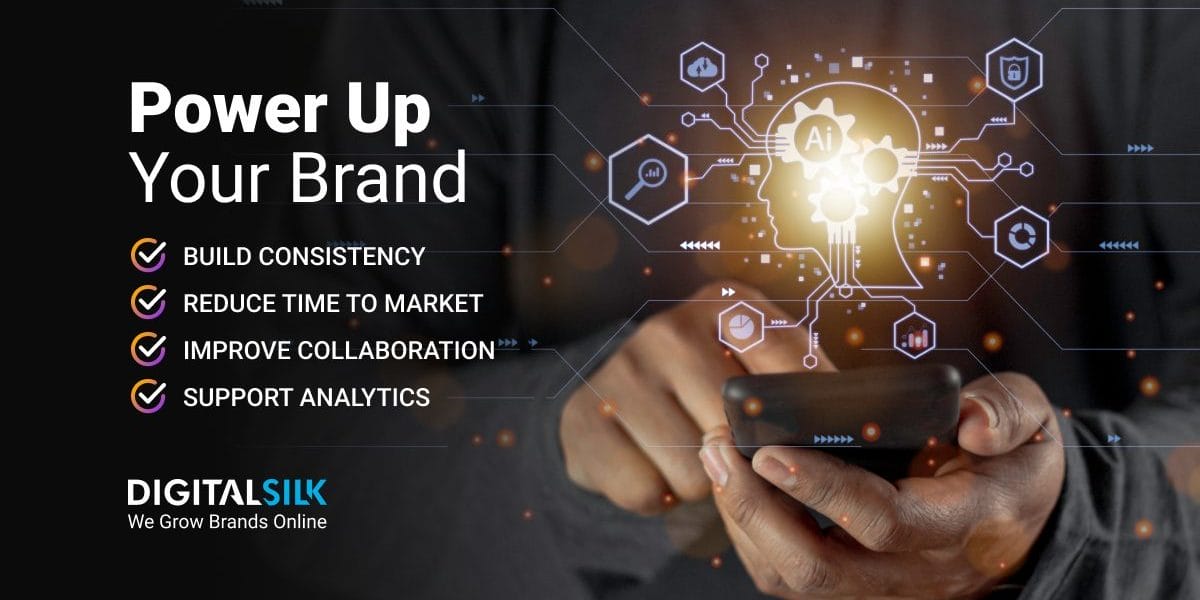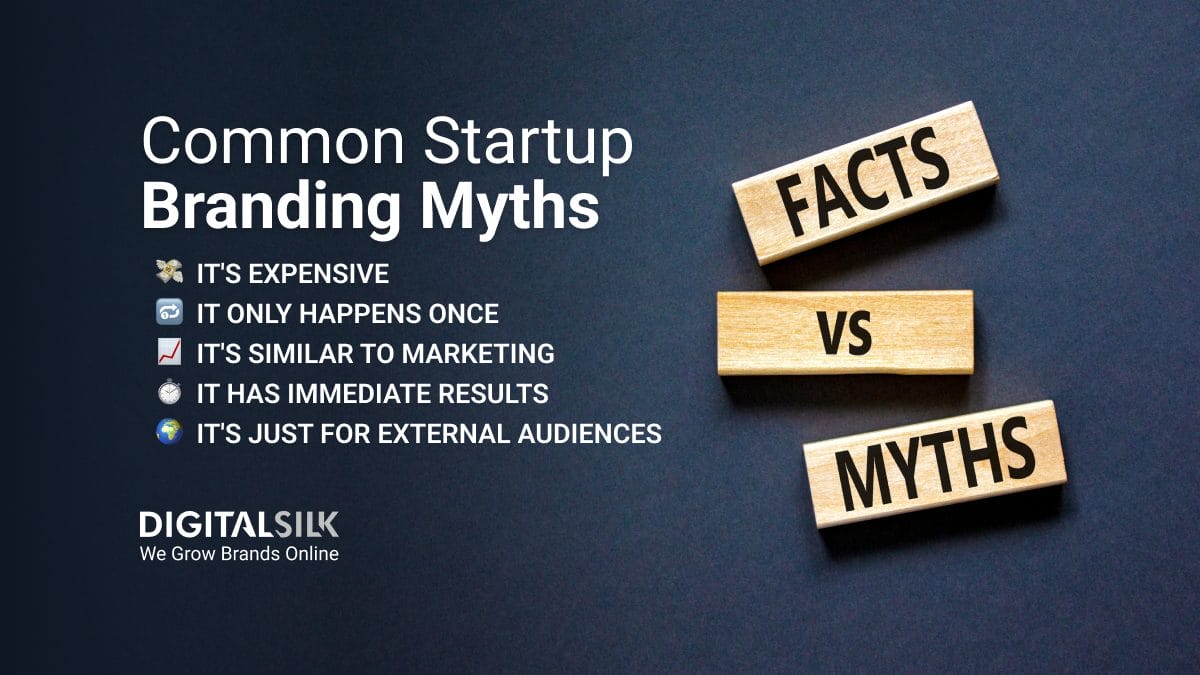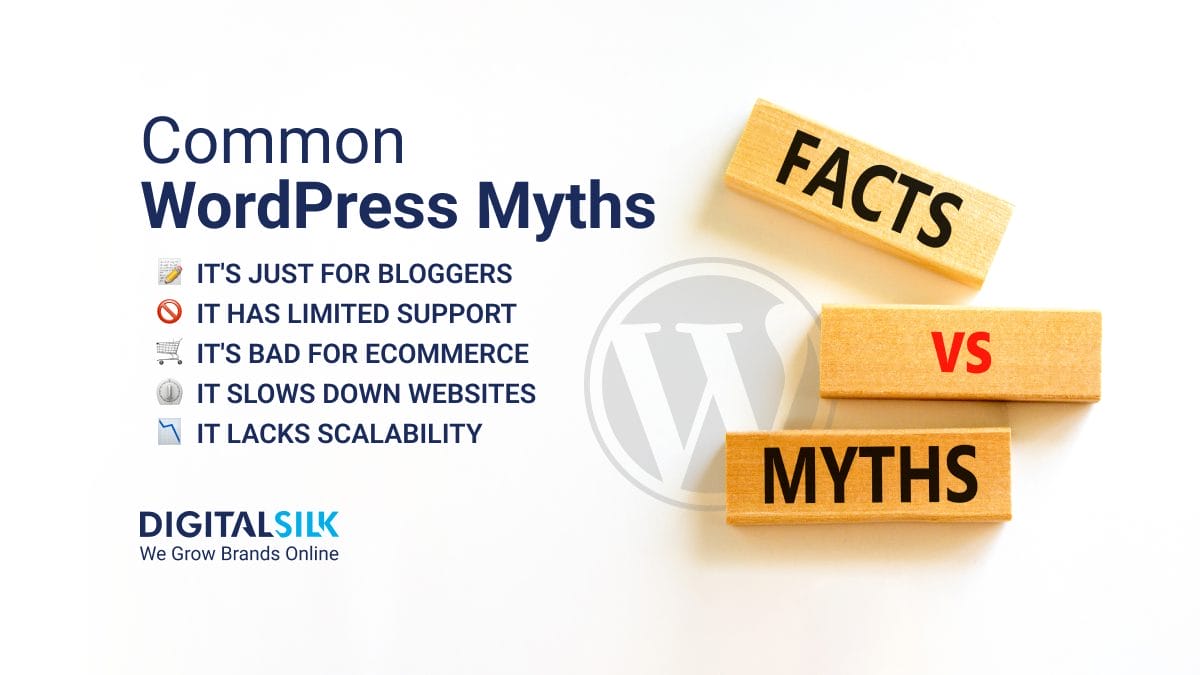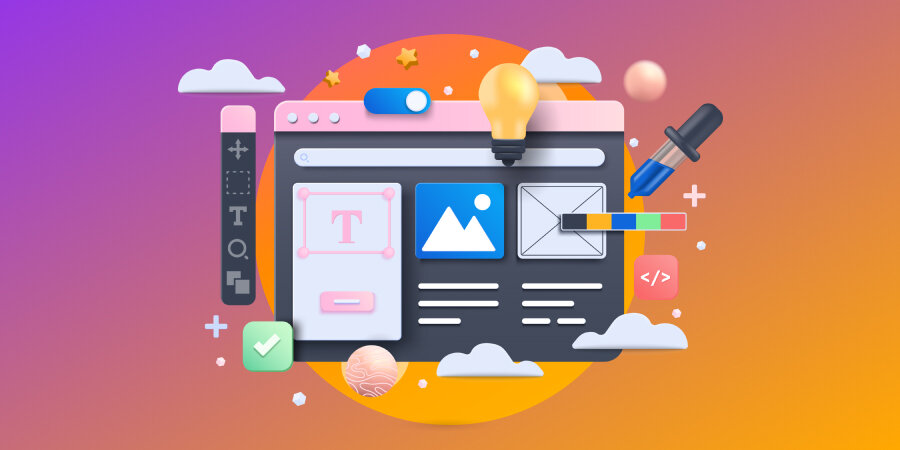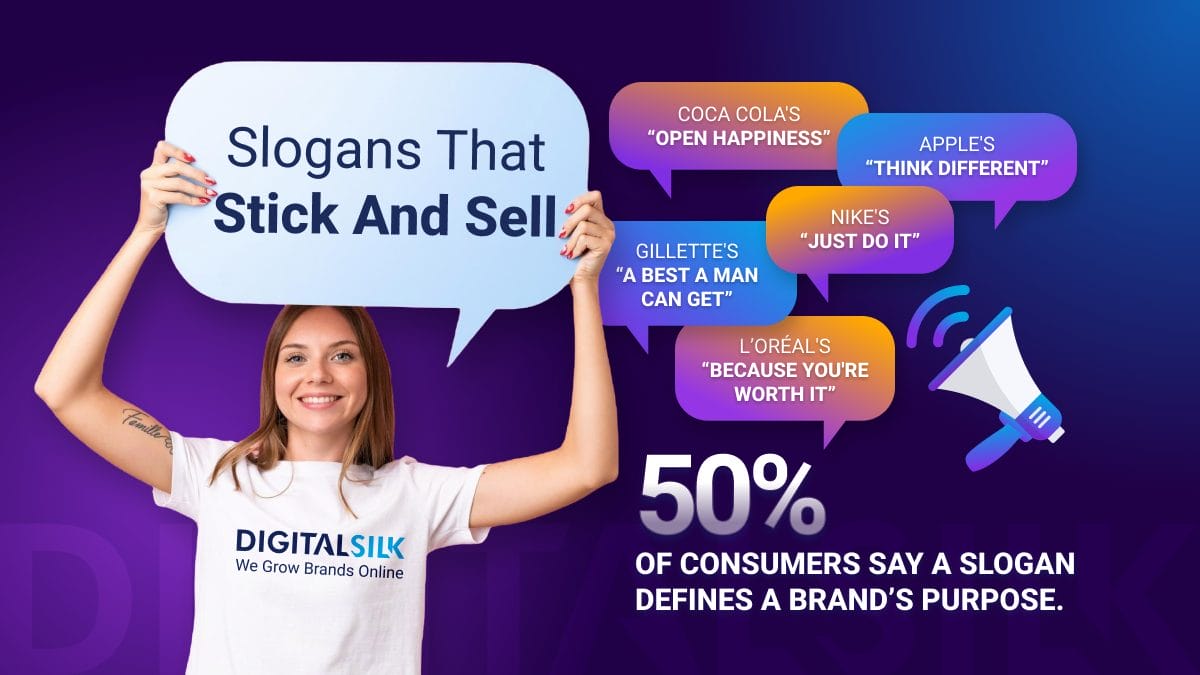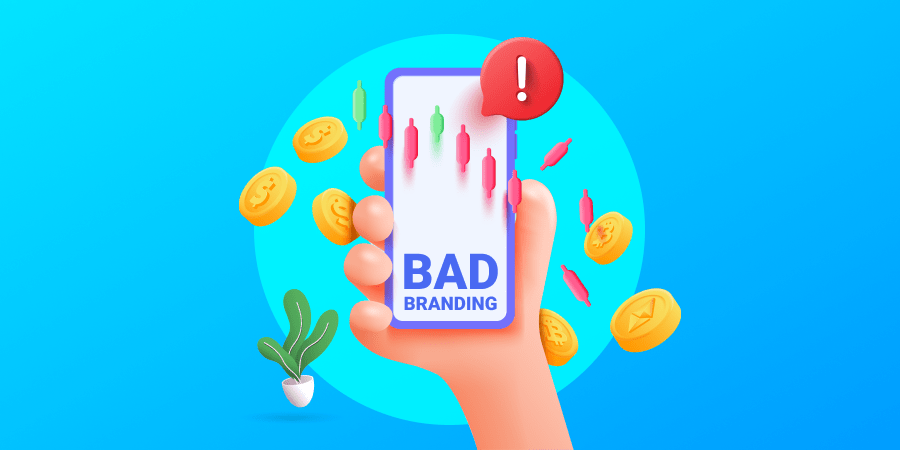Brand management refers to the steps taken to build and maintain your brand’s reputation and value over time.
Whether organizing tasks, streamlining communication methods or using data to improve customer interactions, there’s a lot to consider when managing your brand.
That’s why choosing the best brand management tools is crucial.
From insights and automation to creative assistance, these tools help to both guide and deliver your brand management strategy.
So, what brand management tools should you add to your tech stack?
Below are 10 of the best tools and software, ordered by their Capterra rankings, to boost your brand’s value, reputation and efficiency.
10 Best Brand Management Tools For Your Tech Stack
Brand management tools are software and platforms that help businesses monitor, maintain and enhance their brand’s reputation, consistency and presence across various channels.
They work by centralizing brand assets, tracking brand mentions and performance, managing customer interactions and ensuring consistency in brand messaging and visuals across all marketing channels.
Some key types of brand management tools cover:
- Content management and creation
- Social media management
- Customer relationship management (CRM)
- Market research and insights
- Brand monitoring
- Project and task management
- Brand asset management
Your tech stack can include a range of brand management tools to optimize your internal processes and customer interactions.
Here are 10 of the best brand management tools to consider for your selection:
We deliver end-to-end branding solutions. Request a Quote
1. Canva
Tool type: Content creation
Canva is an online graphic design tool that supports the creation of various marketing collaterals, from brochures and social media pages to website designs.
The tool has a shallow learning curve, meaning it can be used by individuals and businesses with no technical design expertise. Currently, the tool is used by a range of well-known brands, from Skyscanner to Reddit.
With the help of Canva, your business can produce on-brand designs that boost positive brand associations or overall brand recognition.
With cloud-based collaboration, multiple team members and departments can work together on one project to ensure consistent outcomes that work towards your overarching goals.
Rating:
- Overall: 4.7/5
- Ease of use: 4.7/5
- Customer service: 4.4/5
- Features: 4.5/5
- Value for money: 4.6/5
2. monday.com
Tool type: Work management and CRM
monday.com is a cloud-based platform that lets users create the tools needed to run different areas of their business workflows.
The solution, used by over 225,000 customers, lets project and marketing managers discuss strategy, log creative requests, assign jobs and track progress.
This helps brands manage and prioritize tasks while optimizing the execution of internal processes.
With an intuitive interface and fully customizable functionalities, monday.com can be used by teams of all sizes and industries.
Rating:
- Overall: 4.6/5
- Ease of use: 4.5/5
- Customer service: 4.5/5
- Features: 4.4/5
- Value for money: 4.3/5
3. HubSpot CRM
Tool type: CRM
HubSpot CRM is a free tool for sales teams, marketers, customer service specialists and business owners.
Used by companies in more than 120 countries, HubSpot CRM provides data and analytics features that help businesses keep their customer contacts in one centralized, customizable database.
From lead generation and nurturing to task management and sales forecasting, HubSpot CRM’s features streamline the management of large volumes of customer data while enabling businesses to improve the interactions they have with consumers across every touchpoint.
Rating:
- Overall: 4.5/5
- Ease of use: 4.4/5
- Customer service: 4.4/5
- Features: 4.3/5
- Value for money: 4.3/5
4. Lucidchart
Tool type: Team collaboration and workflows
Lucidchart is a cloud-based team collaboration tool provided by Lucid Software.
The software specializes in creating graphical representations of business processes called business process modeling notation (BPMN) diagrams.
In short, Lucidchart makes it easy for anyone to visualize a complex idea, process or system.
With a drag-and-drop canvas area, businesses can use Lucidchart to simplify a range of process management elements, including tasks, transactions, conversions, call activities and data storage.
Rating:
- Overall: 4.5/5
- Ease of use: 4.4/5
- Customer service: 4.3/5
- Features: 4.4/5
- Value for money: 4.4/5
5. Asana
Tool type: Product and project management
Asana is a work management tool used by 85% of Fortune 100 companies.
The software connects strategic, company-wide goals with the teams that help achieve them, specifically in marketing, operations, IT and product management.
Asana’s capabilities span project management, workflows automation, resource management and reporting.
The software drives accountability and clarity between teams and individuals while supporting scalability through workplace optimization.
Rating:
- Overall: 4.5/5
- Ease of use: 4.4/5
- Customer service: 4.3/5
- Features: 4.4/5
- Value for money: 4.4/5
6. Mailchimp
Tool type: Content management and creation
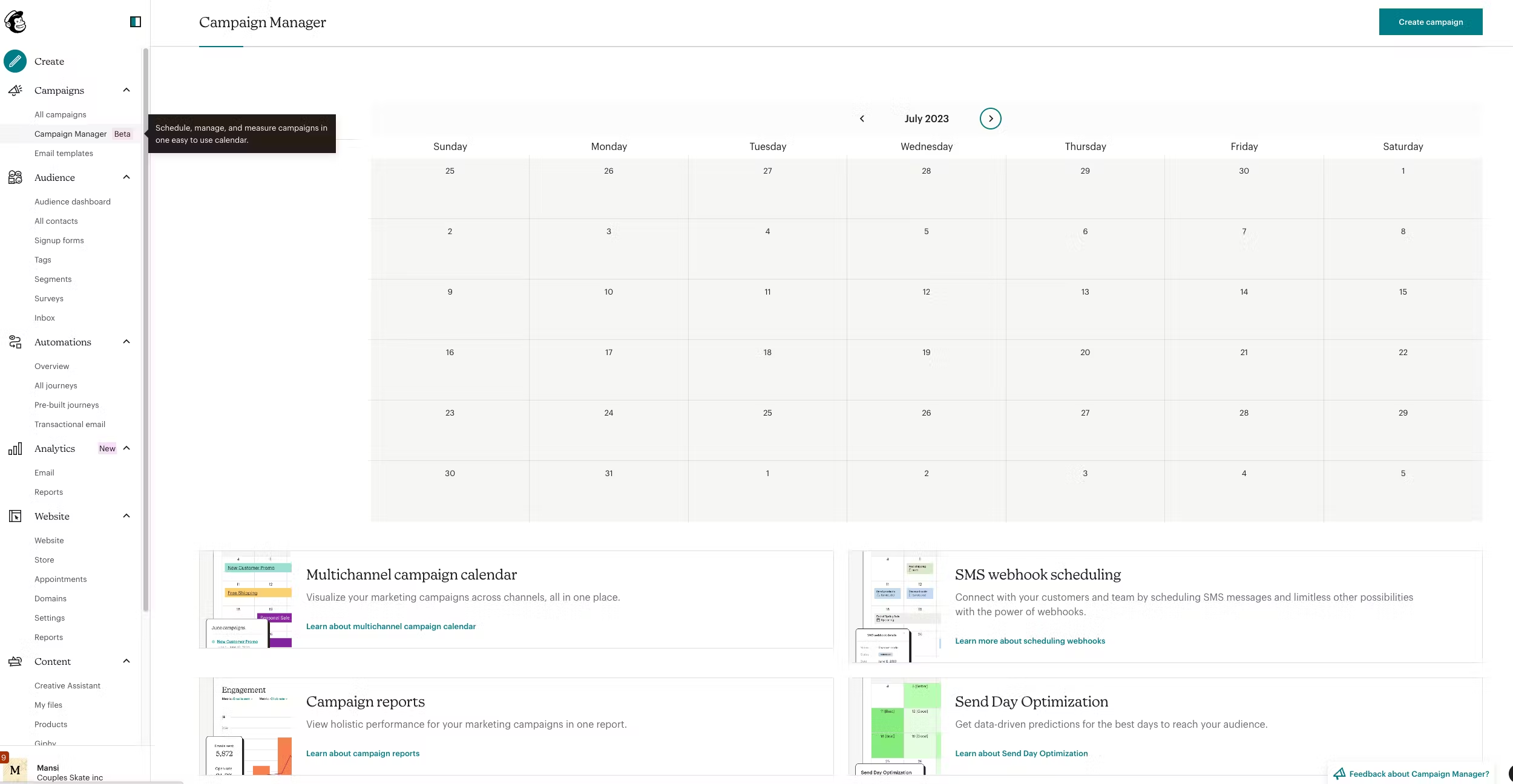
Mailchimp is an email marketing and automations platform that serves over 12 million businesses worldwide.
With a drag-and-drop design builder and campaign management tool, businesses can use Mailchimp to deliver on-brand campaigns across channels.
Mailchimp also provides audience tracking and management software. Businesses can use this data to shape personalized customer interactions that improve brand reputation and conversions.
Rating:
- Overall: 4.5/5
- Ease of use: 4.4/5
- Customer service: 4.2/5
- Features: 4.4/5
- Value for money: 4.4/5
7. Hootsuite
Tool type: Social media marketing and management
Hootsuite is an all-in-one social media management tool, combining scheduling, content creation, analytics and social listening under one platform.
The platform provides many social media services, such as post-scheduling and creation, team management and ROI measurement. It claims to increase reach for its users by over 636% every year.
Hootsuite enables your business to shape brand perceptions through a data-driven approach to content creation and customer interaction.
With its upcoming social listening tool, Hootsuite will soon also help businesses track online conversations, anticipate new trends and understand target audience sentiments.
Rating:
- Overall: 4.4/5
- Ease of use: 4.3/5
- Customer service: 4.2/5
- Features: 4.3/5
- Value for money: 4.2/5
8. Adobe Workfront
Tool type: Project management
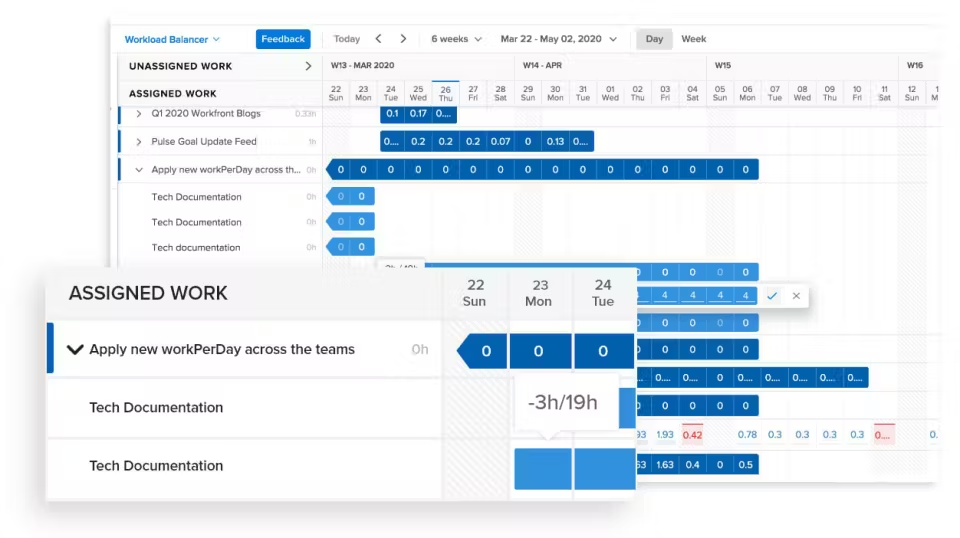
Adobe Workfront is a collaborative workflow management tool.
Its features include scenario planning, agile work management, goal alignment and reporting dashboards for marketing, IT, project management and client-facing teams.
Your business can use Adobe Workfront to prioritize work, identify bottlenecks, automate processes and achieve tangible results.
While Adobe Workfront includes a wealth of solutions, the tool’s customer service team is on hand to guide your business to more efficient and easier strategies.
Rating:
- Overall: 4.4/5
- Ease of use: 4.1/5
- Customer service: 4.4/5
- Features: 4.3/5
- Value for money: 4.2/5
9. Sprout Social
Tool type: Social media management
Sprout Social offers a collection of social media engagement, publishing, listening and analytics tools.
Your company can use Sprout Social’s range of features to efficiently manage your social presence from a single platform.
Sprout Social’s value comes through its data analysis, social listening and content planning solutions, which you can use to improve customer experiences, increase online visibility, gather audience insights, and facilitate team collaboration.
Rating:
- Overall: 4.4/5
- Ease of use: 4.4/5
- Customer service: 4.3/5
- Features: 4.2/5
- Value for money: 4.0/5
10. Wrike
Tool type: Project and brand asset management
Wrike is a brand management software specializing in enterprise-ready asset and project management services.
Its digital hub helps organize and manage brand identity documents, templates, digital images and brand guidelines.
As a cloud-based platform, Wrike can be accessed by all types of company employees, supporting cross-department knowledge sharing and consistency while reducing the time taken to retrieve and request assets.
Rating:
- Overall: 4.3/5
- Ease of use: 4.1/5
- Customer service: 4.3/5
- Features: 4.3/5
- Value for money: 4.1/5
Benefits Of Brand Management Software
Brand management software can provide a range of benefits for your business.
Adding the right software to your tech stack:
1. Builds Consistency
Brand management software ensures consistency across all channels, growing brand recognition and trust while increasing revenue by up to 10-20%.
The software centralizes and standardizes brand assets, ensuring all teams and stakeholders have access to up-to-date brand guidelines and materials.
2. Reduces Time To Market
By centralizing assets and automating workflows, brand management software significantly reduces the time-to-market of your new products, services and campaigns.
This is made possible by the automation of repetitive tasks and the combination of assets or task management in one place, allowing teams to focus on creative work and accelerating the review and approval process.
In fact, a Salesforce study found that 92% of U.S. workers report an increase in productivity when using automated solutions such as brand management tools.
3. Improves Collaboration
Brand management tools enhance productivity and creativity by facilitating seamless collaboration among teams.
This collaboration is enabled through features like real-time commenting and feedback chats, allowing teams to work together more effectively and efficiently.
The same Salesforce study found since adopting automated solutions, such as brand management software, 83% of U.S. workers saw an improvement in collaboration across departments.
4. Supports Analytics
The best brand management tools include dedicated insights and analytics areas, helping your company make data-driven decisions.
From social listening to efficiency analysis, these insights are generated through the software’s tracking of brand asset usage and performance, providing actionable data to inform brand strategy.
This is supported by Forrester’s research, which claims that data-driven companies are 8.5 times more likely than beginners to report yearly revenue growth of at least 20%.
5. Boost ROI
By optimizing brand strategies, creating meaningful customer interactions and increasing operational efficiency, brand management tools can help boost your return on investment (ROI).
This increase in ROI is achieved thanks to the software’s ability to streamline processes, reduce resource waste and ensure that all brand activities are aligned with your business objectives.
Meet our experts. Schedule A Consultation
Who Should Use Brand Management Tools?
Brand management tools typically connect your team and operations on a single platform.
So, which team members are most likely to benefit from using these tools?
1. Brand Managers
Brand managers are responsible for overseeing and maintaining your brand’s identity and reputation.
They use brand management tools to ensure consistency in brand presentation across all channels, streamline workflows and track brand performance.
Brand managers use tools like brand asset libraries, style guides and analytics platforms to monitor brand health, manage brand assets and make data-driven decisions to enhance brand value and customer engagement.
2. Marketing Teams
Marketing teams are focused on promoting and communicating a brand’s message to your target audience.
They leverage brand management tools to create and distribute marketing materials that align with your brand’s personality and guidelines.
Marketing teams use tools such as content calendars, social media management platforms and brand monitoring tools to ensure brand consistency, engage with customers effectively and measure the impact of marketing campaigns on brand perception and customer loyalty.
We grow brands with custom solutions. Schedule A Consultation
3. Sales Representatives
Sales representatives are responsible for selling your brand’s products or services to customers.
They utilize brand management tools to access up-to-date product information, brand messaging and sales collateral.
Sales reps use tools like CRM systems integrated with brand guidelines, sales enablement platforms and brand asset libraries to ensure consistent messaging, build customer trust and effectively communicate the brand’s value, driving sales and revenue.
4. Brand Collaborators
Partners and brand collaborators are external entities that work closely with your brand to promote or distribute your products or services.
They use brand management tools to ensure alignment with the brand’s values, messaging and visual identity.
Partners and collaborators use co-branding guidelines, project management platforms, and brand asset portals to maintain consistency, strengthen partnerships, and enhance the brand experience for mutual customers.
We deliver end-to-end branding solutions. Request a Quote
Manage Your Brand Efficiently With Digital Silk
Brand management tools are essential if you want to have an effective sway on how your brand is perceived externally and how your team works to achieve your strategic goals internally.
However, knowing which tools are the best for your business and how to use them to your advantage requires dedicated knowledge and expertise.
At Digital Silk, our branding specialists keep track of the latest brand management software while providing decades of experience with industry favorites.
As such, we can help you optimize your workflows, build meaningful customer interactions and produce on-brand content to manage your brand’s reputation.
As a full-service branding and web design agency, our solutions go beyond brand management.
Our in-house team can help your business with a range of services, including:
- Brand foundation
- Brand positioning
- Brand strategy
- Brand and logo design
- Digital branding
- Custom web design
- eCommerce design and development
For every project, we make sure to:
- Take project ownership
- Give total transparency
- Achieve measurable results
Contact our team, call us at (800) 206-9413 or fill the Request a Quote form below to schedule a free, custom consultation for your branding project.
"*" indicates required fields


